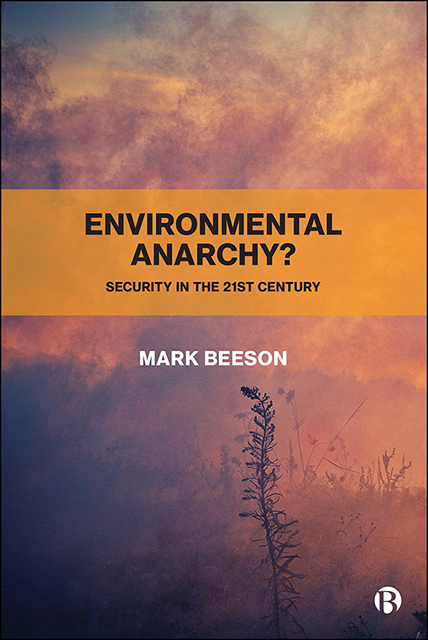Book contents
- Frontmatter
- Dedication
- Contents
- List of Abbreviations
- Acknowledgements
- Introduction
- 1 Getting Real: The Way the World Works?
- 2 Hope Springs? Peace, Progress and Pluralism
- 3 Environmental Security
- 4 The Psychological and Cultural Dimensions of Security
- 5 (Not So?) Grand Strategy
- 6 Unequal Security
- Conclusion
- Notes
- Index
4 - The Psychological and Cultural Dimensions of Security
Published online by Cambridge University Press: 18 April 2023
- Frontmatter
- Dedication
- Contents
- List of Abbreviations
- Acknowledgements
- Introduction
- 1 Getting Real: The Way the World Works?
- 2 Hope Springs? Peace, Progress and Pluralism
- 3 Environmental Security
- 4 The Psychological and Cultural Dimensions of Security
- 5 (Not So?) Grand Strategy
- 6 Unequal Security
- Conclusion
- Notes
- Index
Summary
Security is ultimately a very personal thing. If you don't actually feel secure for one reason or another, then it is not unreasonable to ask whether this is a measure of the failure of public or strategic policy and the ability of our leaders to keep us safe. The chances of feeling secure are also still significantly greater in some parts of the world than in others: who your parents are, where they live and the sorts of cultural beliefs they seek to pass on to you are all key determinants of our life chances, our expectations about what it means to be secure and – most importantly of all – the chances of actually achieving it. To be sure, the percentage of people living in absolute poverty around the world had demonstrated a pleasing decline – until COVID-19 struck, at least – but the chances of living a long and fulfilling life are still notably lower in sub-Saharan Africa, for example, than they are in most other parts of the world. This is bound to affect the way people view the world and their place in it. Lots of people feeling unhappy about their situation is not a recipe for domestic or international harmony, especially if they are young.
Yet, despite this rather banal truism, the psychological aspects of security have not been given the attention they deserve. This is simultaneously rather surprising and entirely predictable. Given that most security specialists tend to focus on the traditional aspects of the pursuit of security – crudely put, guns, bombs and other strategically significant, material indicators of power – it is unsurprising that the way people feel should be of next to no interest to them. To be fair, as we will see, some IR scholars have taken some of the insights of psychologists seriously, but primarily to explain how and why leaders may make the decisions that they do. Even this is something of a fringe interest in a discipline that remains dominated by realists of one sort or another, who either ignore what goes on in people's heads altogether or assume that people are driven by a narrow range of motivations that spring from the struggle for survival or the pursuit of narrow self-interest.
- Type
- Chapter
- Information
- Environmental Anarchy?Security in the 21st Century, pp. 81 - 114Publisher: Bristol University PressPrint publication year: 2021

